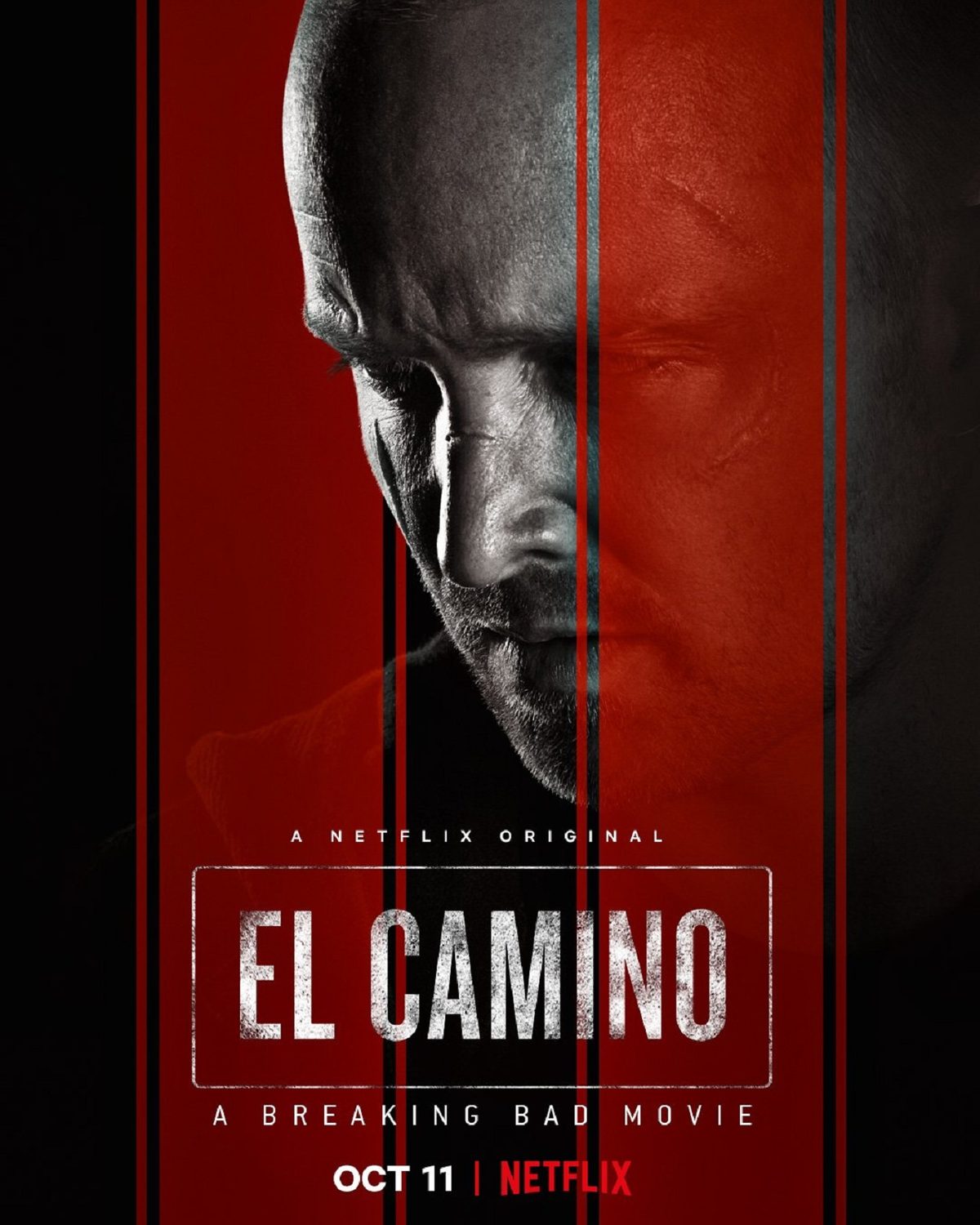Warning: spoilers to ‘Breaking Bad’ ahead.
Six years after its finale, “Breaking Bad,” the drama about a soft-spoken chemistry teacher turned corrupt meth-cooking crime lord, is still recognized as one of the greatest television shows to grace the small screen. Yet what made the AMC hit special was its conclusion, which strung together the show’s loose-ends in an emotionally satisfying and climactic hour.
So when Netflix released the trailer for a “Breaking Bad” sequel about Jesse Pinkman, protagonist Walter White’s partner-in-crime, the question lingered: is it worth risking the legacy of a show staked in its rewarding conclusion?
The short answer is yes. Visceral, compelling and elegantly captured, “El Camino” is an exciting return to a beloved series, even if unnecessary.
Riding out of the compound in an El Camino, Jesse Pinkman starts off this new installment to the “Breaking Bad” universe right where the series ended. The film chronicles Jesse’s actions after fleeing the compound in the series finale “Felina,” taking us on a new adventure through Albuquerque that’s complete with familiar faces from the original show.
Through propulsive, suspenseful storytelling, writer and director Vince Gilligan invites us inside Jesse’s mind. We witness how Jesse copes with the trauma of being enslaved by a Neo-Nazi gang as a caged meth cook while also avoiding arrest in an ongoing manhunt.
During the series finale, Jesse’s drive out of the compound reflects a sense of relief, a happy ending. Yet at the start of “El Camino,” this idea is cast aside, with Jesse only plodding further into danger. Haunted by memories and wanted as a fugitive of the state, Jesse heads over for a brief meeting with the sole two people he can trust: his old friends Badger and Skinny Pete. Together, they devise a plan to help Jesse escape, a plan that begets a multitude of sticky situations. With one problem leading to the next, even Jesse starts to doubt if he deserves a chance to start over.
This is certainly a new emotional complexity for a character who often served as the comic relief of the series. But the film takes into account Jesse’s entire journey, interweaving suspense with flashbacks that inform us about how Jesse’s past affects his future. And in classic “Breaking Bad” fashion, the narrative is slow-burning, stakes are established and a cathartic (and bloody) act of violence takes place.
Even ten years after the show’s premiere, the story is still fresh, the characters alive. Aaron Paul resurrects Jesse Pinkman with raw nerve and stunning intensity in a performance that reminds us why we all loved “Breaking Bad” so much in the first place. His ability to traverse the territory between Jesse’s carefree youthfulness and his now weary, trauma-stricken nature is a testament to his ability to carry this film—even with its calculated plotting and many guest stars.
While we never hear about the other stories within “El Camino”—whether that be the police who actively search for Pinkman or what unfolds for Badger or Skinny Pete—the film succeeds at exploring the question of whether Jesse can atone for his mistakes and build a life for himself once again. While the series provided a neat ending for Walter, one that allowed him to die on his own terms while exacting revenge on his enemies, “El Camino” has a rather contemplative conclusion, one about whether it’s possible to move on and be redeemed for past wrongs.
While Walter’s story focused on how he morphed into a monster that poisoned children, blew up buildings, and even ordered Jesse’s demise, Jesse’s story has always been about an empathetic man who is constantly perturbed by the question of whether he’s a good person. After all, he was coaxed into murdering a man, cooking meth for criminals and allowing Jane and Andrea into his life, which would unknowingly lead them both to their deaths. This is why it’s no surprise that Jesse is taken aback in “El Camino” when Skinny Pete tells him he’s his hero. He’s uncertain of his decency. He is still unnerved about whether he can truly make things right.
On the other hand, “El Camino” features the series’ distinct storytelling: frames of the scorched New Mexican desert, inverted point-of-view shots, careful close-ups on cages, shower heads and guns. Its style echoes back to a signature yet uneventful episode of the show known as “The Fly,” where Jesse and Walter are caught in the meth lab trying to swat an insect so they can get back to work. It’s an episode that is ultimately more about the relationship between the two men than about meth-cooking. Likewise, “El Camino” is a concentration on Jesse’s internal motivations and dilemmas, which didn’t necessarily need to be explored but finally gives Jesse the riveting, pensive and propelling epilogue that he deserves.
Contact Rathi Anandu at rathi29 ‘at’ stanford.edu
